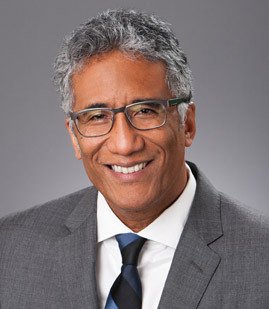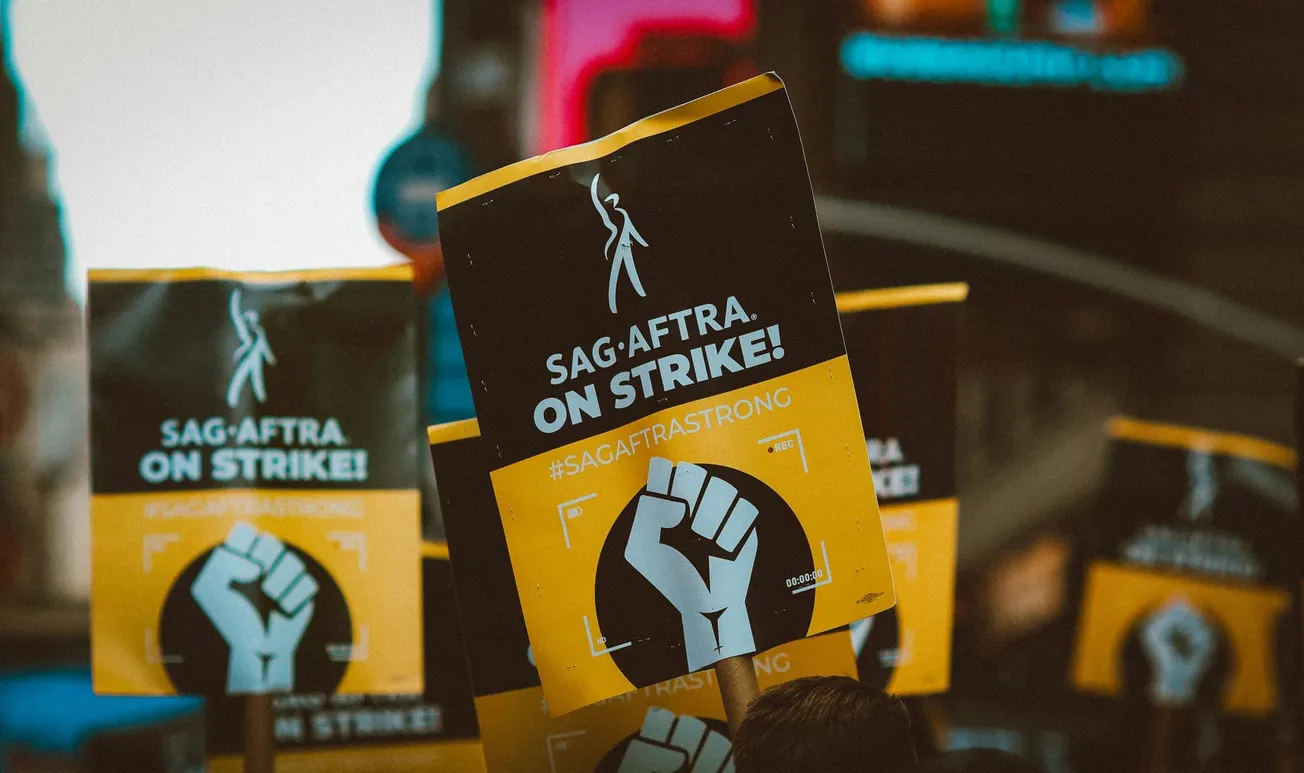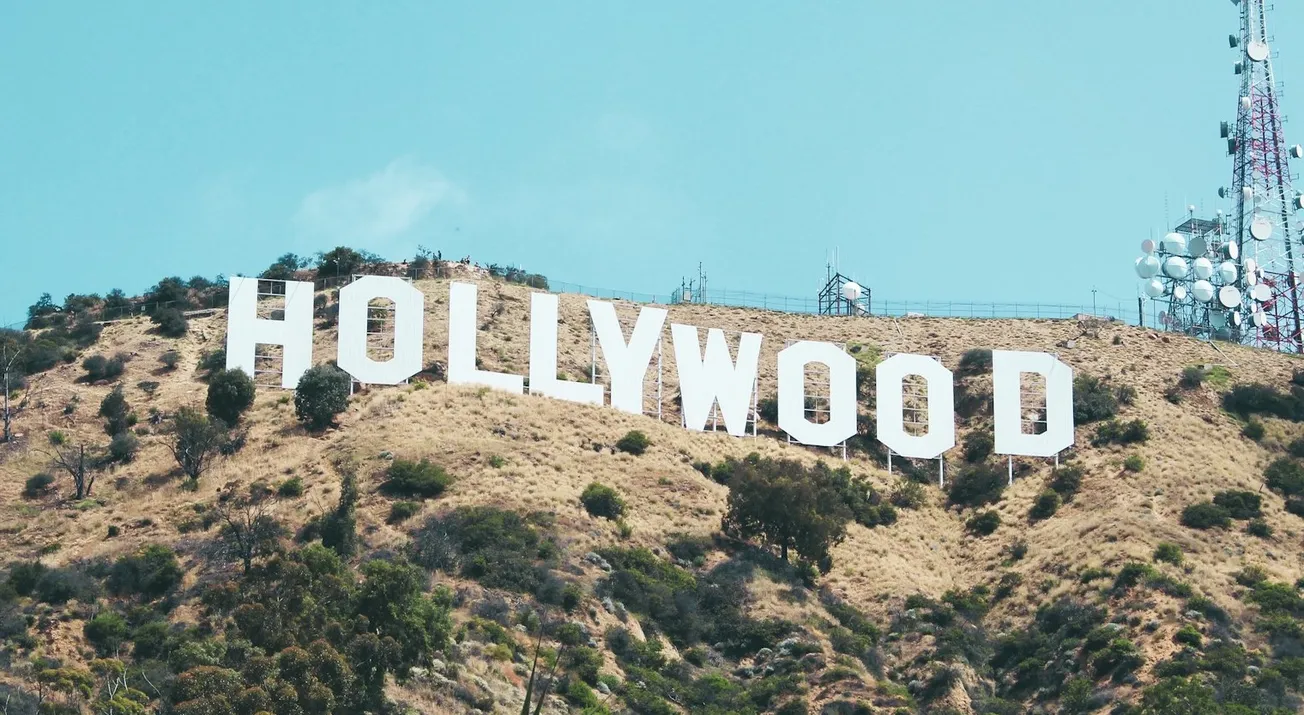The entertainment industry has recently emerged from a tumultuous period marked by unprecedented labor disputes, and most would argue that the recovery has not been robust, to say the least. As you know, 2023 saw two major back-to-back strikes by the WGA and SAG-AFTRA, which brought production to a standstill. These strikes highlighted the growing tensions between creative talent and producers in an evolving entertainment landscape. While not entirely foreign to the industry, these strikes were notable for their duration and the solidarity shown by guild members who walked picket lines at major studio lots and filming locations.
[Production.ink's review of the new WGA & SAG-AFTRA deals is here.]
Even as these disputes were resolved, the industry held its breath, anticipating potential further disruptions from the below-the-line unions, including IATSE and the Hollywood Teamsters. However, perhaps due to the extended period of unemployment during the previous strikes, these negotiations concluded without another walkout, much to the relief of crew members eager to return to work. So, what was at stake and what was resolved (or not) in this long season of labor unrest?
[Production.ink's directory of IATSE MOA's & Wages is be found here]
Two primary issues dominated the negotiations across all unions/guilds: the impact of artificial intelligence (AI) and the restructuring of residuals in the age of streaming. The AI debate touched every aspect of production. Writers feared AI-generated scripts, actors worried about digital replication of their performances, and directors were concerned about AI interfering with their creative rights. Even Teamsters faced the prospect of AI-operated vehicles or AI-driven casting. Producers, meanwhile, grappled with potential copyright issues arising from AI use in creative processes, yet did not want to stifle the potential for the huge benefits that AI could bring to the production process.
While the negotiations didn't fully resolve these AI-related concerns, they did establish important guardrails. All parties agreed to revisit these issues throughout the term of the new contracts, acknowledging the rapidly evolving nature of AI technology.
The second major issue centered on adapting the residuals system to the new realities of content distribution. The rise of streaming platforms has dramatically altered how entertainment is produced and consumed, moving away from traditional network television models or movie release windows. This shift has led to shorter employment periods for writers and potentially reduced residual payments for all creatives, despite content being available for extended periods on streaming platforms.
In response, new provisions were negotiated to address these concerns. Writers secured mandatory staffing protections and opportunities for career advancement. All guilds and unions saw expansions to the residuals formula for shows licensed to new media, including premium payments for highly viewed content. Some would say, however, that even with their recent battle victories, the unions & guilds may have lost the war as management has used the season of labor unrest to justify cutting back on production dramatically and/or moving more productions offshore. The impact has been profound.
Looking ahead, the landscape of labor negotiations in the industry remains uncertain. The era of pattern bargaining seems to be over, with management no longer speaking with a unified voice at the negotiating table as we saw the Majors at odds with the Tech companies like Apple and Amazon. There is no doubt, however, that technological innovations, increased offshoring and cord-cutting, streaming financial woes, and box office challenges, as well as other yet unknown difficult issues, will all play a role in how future labor negotiations will be resolved (or not).
Yet despite these uncertainties, the recent round of negotiations has shown the industry can adapt and find common ground, even in the face of significant technological and economic shifts.
Jonathan Turner has been with MSK since 2015, working out of its Los Angeles offices, where he continues to counsel and represent employers in all aspects of labor and employment law. A large focus of his practice is in the filmed entertainment industry, although he also represents employers across all industry sectors. His practice includes employer representation in labor arbitrations, administrative proceedings, court litigation, and collective bargaining negotiations.









